If you’ve ever said the phrase “I wish I had more energy”, you’re definitely not alone. From our daily cup of coffee to energy drinks, supplements and prescription medications, human beings have evolved to ‘need’ more energy than we have. But most of the time it is not more energy we that need, it is a better use of the energy we already have available to us.
You may be surprised to discover that the best way to optimise your energy is to optimise your rest. Besides rest, we need to make sure we are optimising our energy output so that we don’t waste our energy on tasks that don’t best serve our needs. By simply adjusting our lifestyles and connecting to nature’s rhythm using these tips, you will find yourself bouncing out of bed every morning, without the need for harmful stimulants.
1. Just Breathe
If there is one thing we can all do to improve our health, it is learning how to breathe. Deep diaphragmatic breathing, or belly breathing, means extending our inhales to fill our lungs to capacity, making more oxygen available to our cells.
Breathing effectively leads to greater overall vitality. It also activates our Parasympathetic Nervous System, which signals to the body to lower blood pressure, heart rate and ‘rest and digest’. This may sound counter-intuitive to get more energy, but it’s actually quite the opposite.
Breathing deeply signals to the body it is safe, and therefore our body performs optimally in its rest and digest state. This means that when there is a need for energy, the body has enough energy to shift into a more active state.
When we don’t breathe properly, the body remains in the Sympathetic Nervous System, or flight or flight energy system. In this state, the body is on high alert and is using up its energy stores more rapidly as it thinks that at any moment there will be some kind of attack. Being in an elevated state of panic all day will eventually lead to a crash, and over a longer period, adrenal fatigue, a state of chronic exhaustion.
If you are someone who ‘forgets’ to breathe, try setting a timer for yourself every hour, where you take 3 minutes to breathe deeply into your belly. Over time your body will become used to this way of breathing and you will feel more relaxed and energised, even in a stressful job.
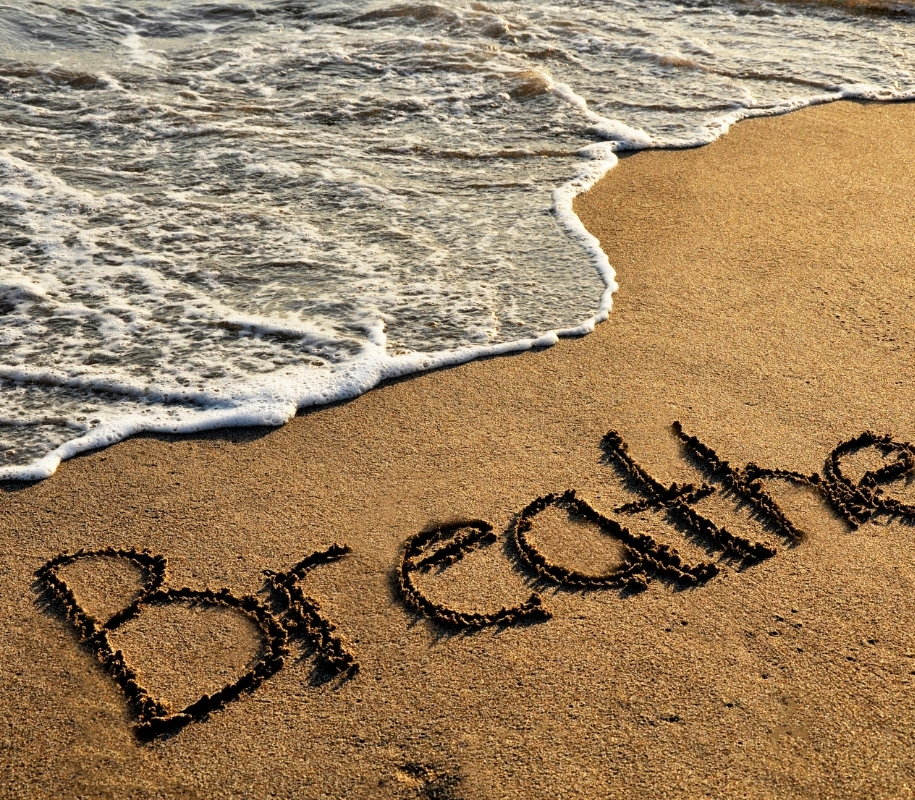
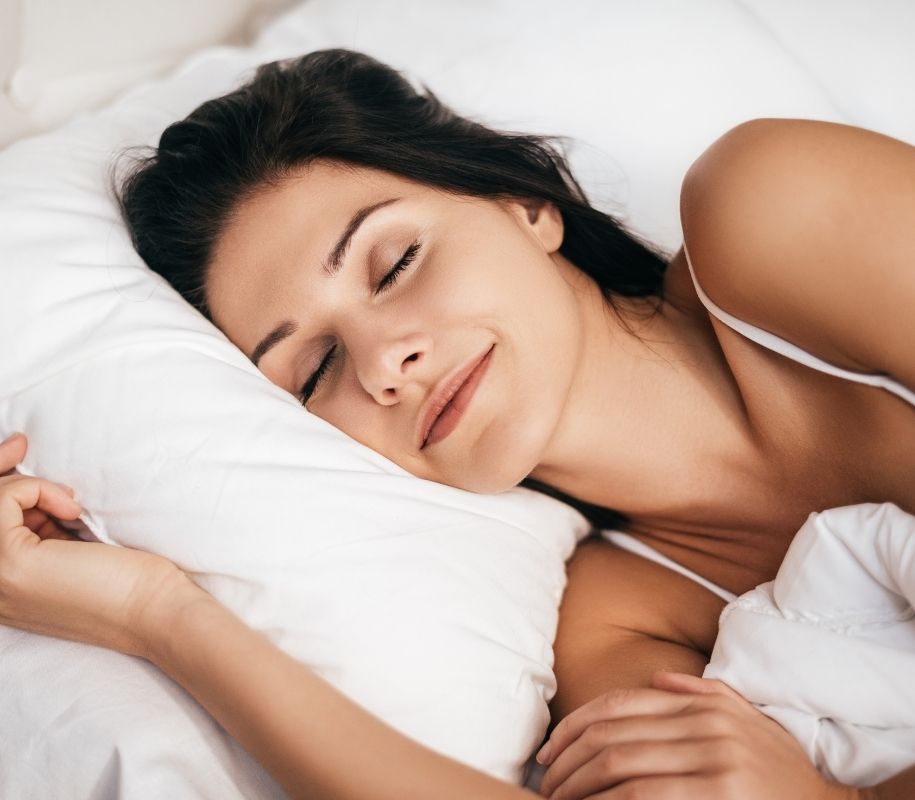
2. Get More Sleep
It may seem obvious, but getting enough sleep is crucial for our energy levels. Sleep is the foundation of health. It is fundamental for our body to function properly. When we are well rested, our hormones are balanced, our digestion is optimised, we handle stress better, our appetite is regulated – everything just works. If you imagine your health as a row of dominos, sleep would be the domino at the back. When our sleep is off, everything else is affected. It is our most vital activity and the one we most take for granted!
Sleep regulates our mood, digestion, blood sugar, stress levels, hormone, appetite and of course, energy levels. It improves our cognitive function, promotes self healing in the body and lowers inflammation, the main bio marker for all forms of chronic disease.
An optimal amount of sleep is between 7 to 9 hours, and will depend on the individual. But for some, getting enough sleep is easier said than done. If you struggle with sleep, try cutting down on your caffeine intake (stopping at 12 noon), going to bed at a reasonable hour, eating dinner at least 3 hours before bed and switching off your electronic devices at least 2 hours before bed.
Otherwise try these Bedtime Rituals for Better Sleep.
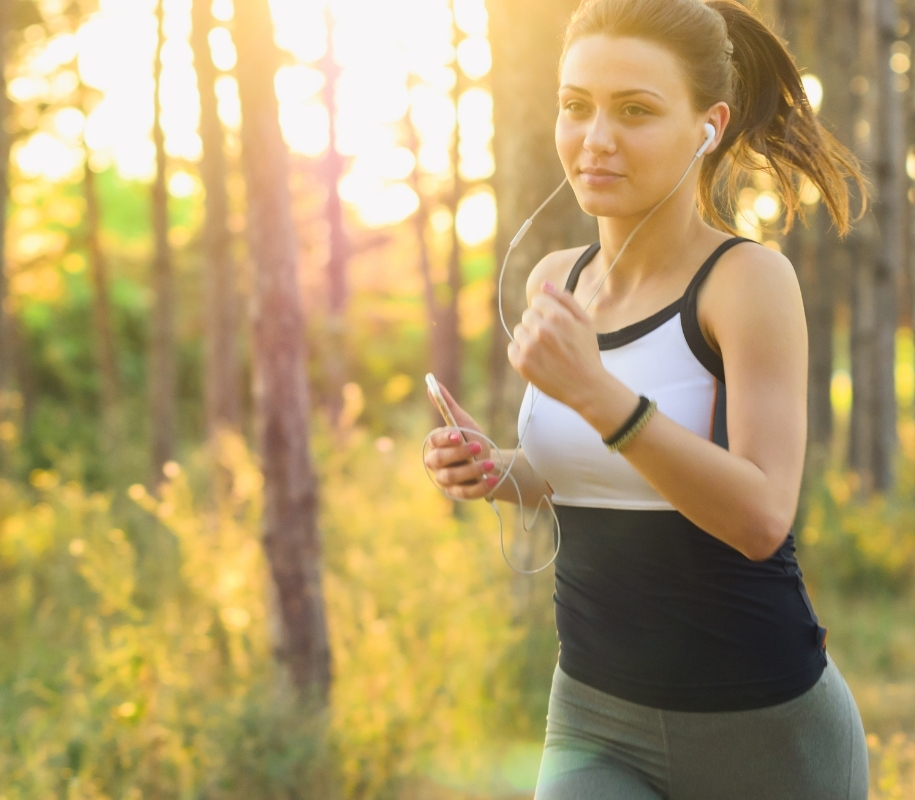
3. Find your Exercise Sweet Spot
Exercise can be the most energising, or the most exhausting thing in the world. By its very nature, exercise depletes our energy by burning calories. But the benefits of exercise can also energise us in other ways. It’s all about finding your own personal sweet spot.
People take for granted how much energy a long run or gym session actually uses. We spend hours in the gym and then wonder why we feel so depleted. Going into a tough workout regime too quickly, not taking enough rest days and not nourishing ourselves adequately are some of the ways that exercise can actually be more exhausting than energising for our body. The initial high you feel after a workout may feel like a surge of energy, but it is actually just a dose of endorphins. Endorphins are released by the body as a stress response, so often the harder you go, the better you feel afterwards. But this can be short lived, as once the endorphins wear off, you will most likely feel the exhaustion.
When it comes to exercise, a good strategy is to ease in gradually. Too much too soon will backfire and will not only leave you exhausted, but reaching for sugary foods to up your energy stores. Some people thrive on a high intensity workout 7 days a week, other people might do better with a long walk and Pilates. Finding what works for you and your body makes all the difference. The most important part is that it makes you feel good. If it doesn’t, it may be time to reassess.
If you overdid it on the exercise, try these tips on how to relieve muscle soreness and spasms.
4. Reconsider Coffee
Although it may feel like caffeine creates more energy, in many ways it does the opposite. Caffeine is a Central Nervous System (CNS) stimulant that creates an illusion of energy, or an energetic high.
It does this in two ways. Firstly, it blocks the effects of adenosine, the hormone that relaxes the brain and signals to our body when it’s time to rest. Secondly, it triggers the production of adrenaline, the hormone that signals to the body it’s in danger, also know as the main ‘fight or flight’ hormone.
Besides its addictive qualities, caffeine disrupts the body’s natural circadian rhythm, replacing it with an artificial alertness that is damaging in the long run. The crash we get after consuming too much coffee is a sign we are consuming too much. This may lead to adrenal fatigue and is incredibly damaging in the long run.
Research shows that caffeine may have some benefits for some people in moderation, but regular caffeine consumption tends to create a vicious cycle that many find hard to get out of.
If you enjoy coffee and want to make it part if your lifestyle, try and consume it at times that are less disruptive to your natural rhythms. While most people have a cup as soon as they wake up, this coincides with when your body is already secreting high levels of cortisol, the ‘stress’ hormone that is responsible for waking us up in the morning.
Coffee has been shown to increase cortisol levels, which means drinking it when your natural cortisol is already high is bound to have adverse effects. Experts suggest waiting 2 to 3 hours after you wake up to drink your first cup in order to enjoy the benefits and reduce the harm. At the same time, it’s recommended to avoid consuming caffeine for a minimum of 6 hours before bed so that it doesn’t disrupt your sleep.
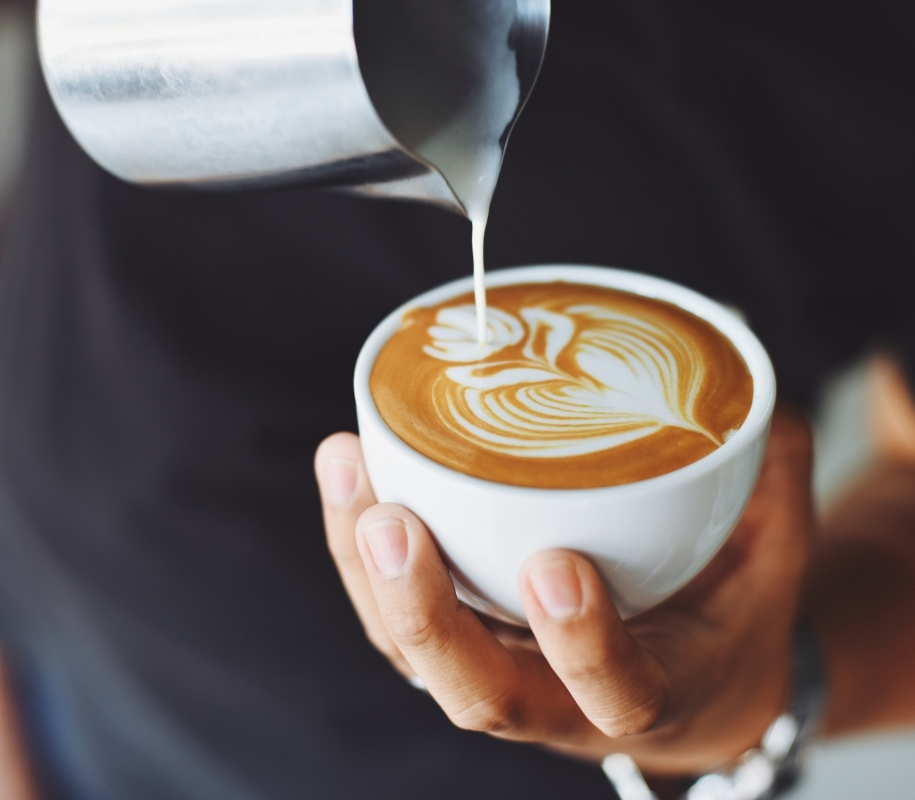
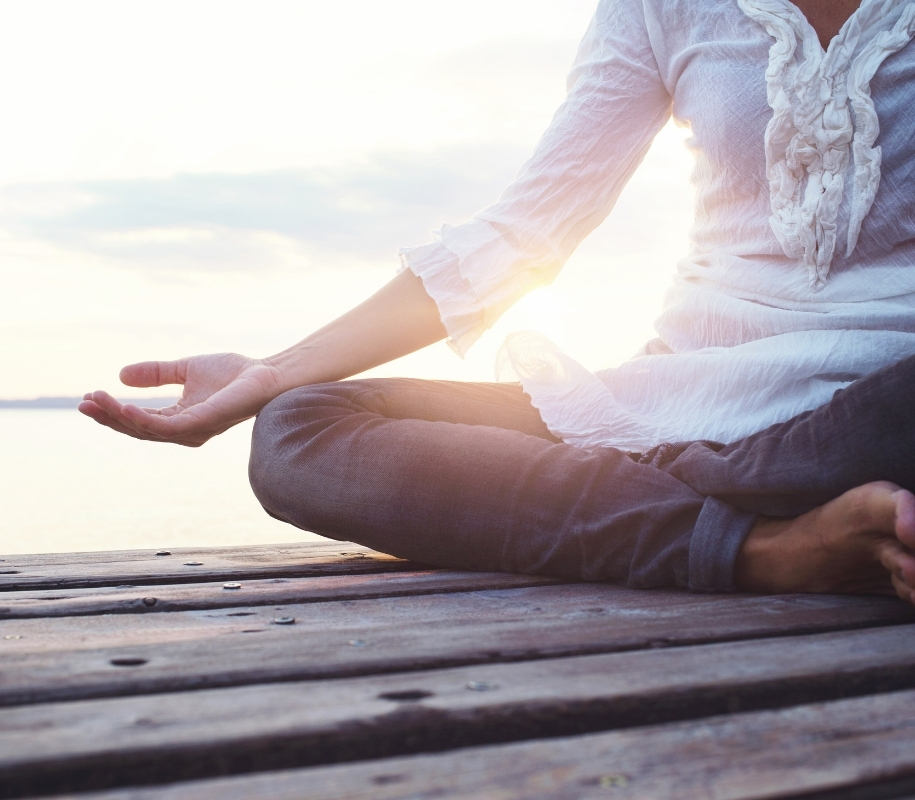
5. Practice Mindfulness
We weren’t meant to multitask. In fact, our brains are designed to perform optimally when doing just one thing at a time. In our modern culture where people applaud busy-ness and juggling multiple activities at a time is seen as something to aspire to, it’s no wonder we are all exhausted! This high paced lifestyle has brought about a resurgence of mindfulness, as a way to balance out the chaos of the every day.
Mindfulness, a practice rooted in ancient traditions such as Buddhism, yoga, meditation, zen and Taoism, is exactly the opposite of multitasking. Practicing mindfulness means focusing all your attention on what you are doing in the present moment.
This may be your breath or body sensations in a sitting mindfulness practice, or else you can also practice this powerful technique while driving, cooking, walking or doing any activity where your mind is usually in a thousand other places, other than where you’re currently at.
Mindfulness is a way to restore peace in our mind, body and spirit, and at the same time, energises us. The mind uses around 20 – 25% of the body’s daily energy stores, so by learning to conserve the mind’s energy that is usually waisted on circling thoughts, we will naturally feel more focuses, productive and energised in our everyday life.
You can learn more about how to practice mindfulness in this blog post.
More energy output doesn’t always mean more energy input. By simply implementing these strategies we move closer to our body’s most natural state where we live in harmony with nature’s rhythm and our own natural biology.
Boost energy naturally with these 5 energising diffuser blends.
